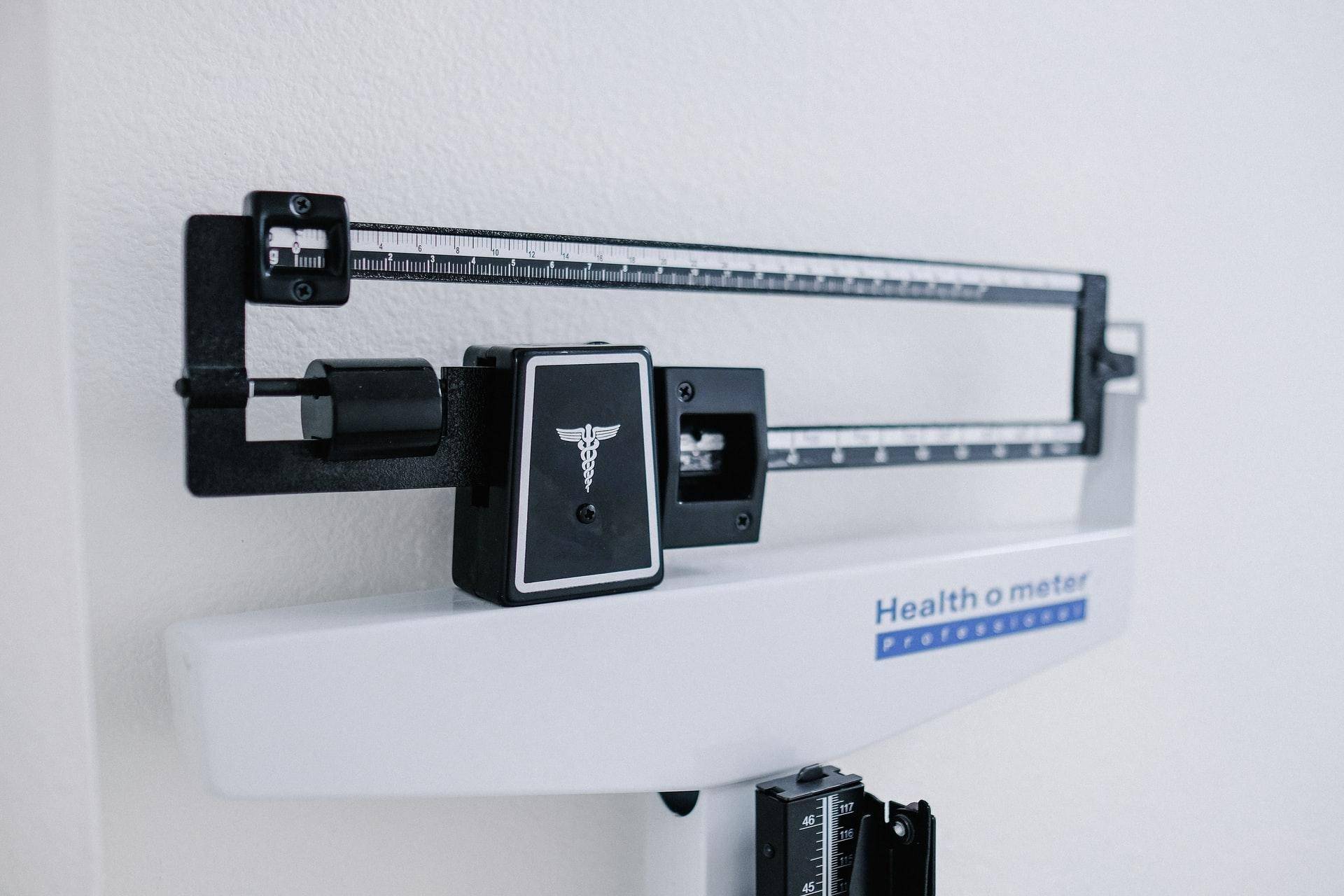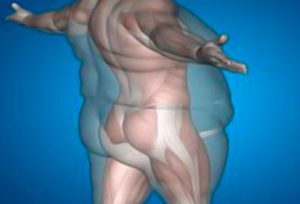
In the United States, one in three adults is obese. The current thinking is that it’s caused by a combination of genetics, behavior, and environmental factors. Your family history plays a role. Your current lifestyle choices play a role. And the accessibility of proper healthcare, fresh food, and support systems all play a big role. Because it doesn’t have one root cause, obesity can be hard to understand, and even harder to overcome.
The simple fact is that to lose weight, one needs to take in fewer calories and also burn off calories through exercise. Depriving oneself of nutrition can lead to an unhealthy diet where the pounds will return as soon as the diet ends. What’s more, if you don’t enjoy your exercise routine, then you won’t stick with it for the long term. To truly overcome obesity, you may need to pursue a holistic lifestyle where diet, exercise, and everything else come together toward one highly rewarding and achievable goal.
If you’re looking to lose weight and improve your health, The Stop Clinic offers the following guidance.
Get a Good Night’s Rest
Roughly 80 million Americans will experience a sleep disorder at some point in their lives. Children and adults who don’t get enough sleep tend to suffer from weight gain and an increased risk of diabetes. Prioritize your sleep schedule by setting up a bedtime ritual: unplug your electronics, lower the lights, and practice relaxation techniques, like gentle yoga or meditation. All of this will go a lot smoother if you also took the time to exercise earlier in the day. Getting sleep makes you feel ready to exercise, and exercise helps you sleep.
Make Exercise a Priority
Exercise builds muscle and contributes to a sense of well-being. Our sedentary workplaces and lifestyles work against us, increasing rates of obesity and obesity-related illnesses. Among adults, percentages of people who self-report sedentary lifestyles have doubled in the last two decades, so it’s no surprise that obesity rates have risen sharply.
To overcome obesity we have to make a healthy exercise regimen part of our daily lives. Consider working out at home with inexpensive equipment such kettlebells, resistance bands, and Swiss balls. You can learn a wide variety of exercises with videos on YouTube. Take up an outdoor sport, enroll in a spin class or take dance lessons. Don’t be afraid to mix it up and try new things. If you dread your workout, it may be that you haven’t found the right exercise for you. The key is to find physical activities you enjoy. If you think of your workout as playtime, you’ll actually look forward to it.
Eat Clean and Green
One of the strange realities of obesity is that someone can overeat and also be malnourished. A diet of processed carbohydrates and sugar is connected to illness and weight gain, but it also starves the body of needed fats and micronutrients. While it might seem counterintuitive, eating is a part of losing weight. Wake up the metabolism by starting every morning with a high-protein breakfast. Focus on complex carbs, nutrient-rich produce, and healthy lean meats. Make sure you’re getting enough water as well. The body requires sufficient hydration to flush toxins from the body. You may be able to skip counting calories if you’re not consuming empty ones. A balanced diet will keep you feeling full and energized between meals.
Prioritize Mental health
Studies show that depression and mental illness are connected to weight gain and obesity. Stress hormones lower metabolism and, for many of us, drive us toward comfort foods. Break the cycle by addressing the root cause of why you feel low. For example, is work overload contributing to feelings of depression or anxiety? ZenBusiness notes that 64% of managers are extremely stressed, so it’s no wonder if their health is suffering. What about your homelife? If you feel overextended by family obligations, this can contribute to negative feelings, and even drive you to choose comfort foods.
Learn to recognize destructive negative thought patterns and work to change them. A food journal can be helpful in understanding how your mood impacts your diet. A good therapist will teach stress management and coping techniques for improving your mood. If your depression is severe, don’t put off talking to a doctor, pastor, or therapist.

Obesity can be overcome. A holistic approach to weight loss means treating the symptoms of obesity at its source: the places in your life where your physical and mental health needs are neglected. By learning to prioritize your own well-being, you’ll greatly improve your physical and mental health.
If you need help to kickstart your weight loss goals, it’s time to book an appointment with The Stop Clinic. Through our treatment protocol, you can detoxify your body, block cravings and make the progress you’ve been looking for. Reach out today to set up an appointment!
Guest Writer Kimberly Hayes
information@publichealthalert.info
publichealthalert.info
